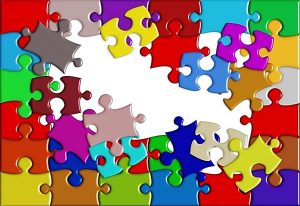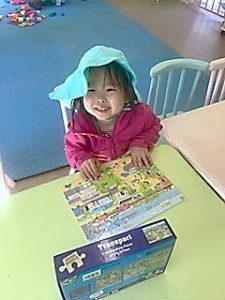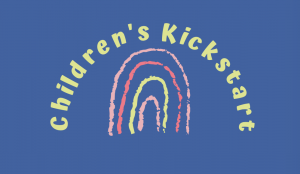By Julia Gorahm
Psychologists have determined that a child’s brain development is influenced significantly when a child acts on or manipulates the world around him or her. Puzzles provide that key opportunity. Children learn to work directly with their environment and change its shape and appearance when they work with puzzles.
Puzzles for young children have important developmental benefits including memory and vocabulary skills .
Puzzles are the best learning tools where children need to place the puzzle pieces on exact places because they fit in only when placed properly.
Puzzles provide children to work towards a goal and, literally, piece together a story or narrative whilst they play. With fun shapes and bright colours, large-piece puzzles are a favourite among small children, and they learn new skills while they play and the puzzles can then be extended to smaller pieces with endless boxes of other puzzles..
A Few Advantages of Puzzles for Children
- Develops Eye and Hand Coordination
Initially children use the trial and error method to solve the puzzle and this needs a lot of concentration and right coordination of eye and hand. The child will have to try and remove one or more parts of the puzzle when trying to solve the puzzle and this requires eye and hand manipulation.
- Problem Solving
Puzzles are in pieces that have to be joined properly. This shows a clear problem that needs to be carefully solved. Unlike others, puzzles have only one solution and so the child keeps trying till he succeeds. This is worthwhile and meaningful and so the children should be provided with many experiences.
- Cognitive skills
Puzzles help develop reasoning skills and problem solving capability of the child. It also helps increase their visual special awareness and depending on the subject matter on which the puzzles are based, they happen to learn varieties of topics like vocabulary, colours, alphabet, numbers, shapes, vehicles, animals and many more.
- SortingPuzzles have to be sorted out before solving. Some children like to sort and classify parts of the puzzles through colours while some sort them on the basis of designs.
- Vocabulary One of the most significant advantages of offering puzzles to children is development of vocabulary skills which remain unobserved. Each time your child completes a puzzle, he is introduced to a new word and since he has solved the puzzle, he can remember the word and its meaning for his entire life.
- Improves memory skills
Children like to repeat solving same puzzle over and over again and this makes his memory sharp. The production of this chemical increases in the brain at the time when it is engaged in solving the jigsaw puzzle. Working on puzzles and solving them provides us with very many helpful benefits.
- Fine motor skills
Solving puzzles help children develop fine motor skills which are very important in day to day life. They learn to grasp big and small pieces of puzzles and concentrate to make them fit in the space provided in order to complete the puzzle. Some puzzles even require twisting knobs to make the parts fit in or needs to be pressed to fit in the space. All these activities help the child develop strengthen his fingers and use them to grasp things and hold onto them as well.
- Visual-Spatial Reasoning
Using different pieces of puzzles and figuring out where they fit within the larger picture. Doing this regularly helps improve our visual-spatial reasoning.
- Social
Puzzles can be worked on cooperatively to get completed and this helps develop social skills in children.
- Improves Moods
Puzzles are relaxing and calming for young children as it increases their production of dopamine.
- Confidence building
Since children solve the puzzles independently, their self confidence gets boosted up.
The best thing about puzzles is that children love to play with them and the puzzles help them develop their educational skills not only at home but also in school as well.





